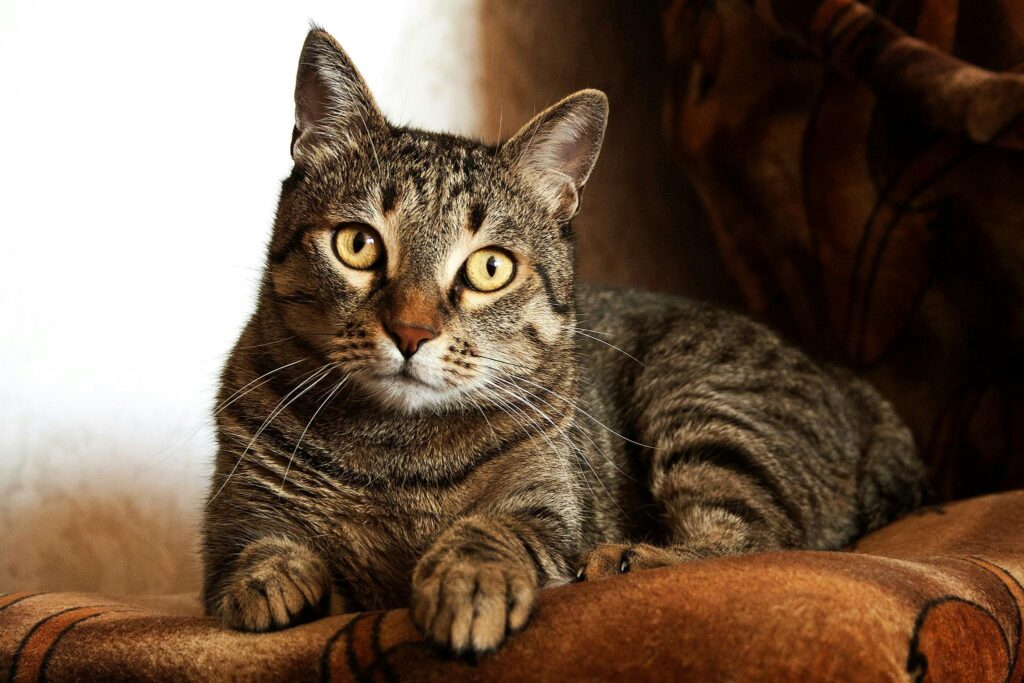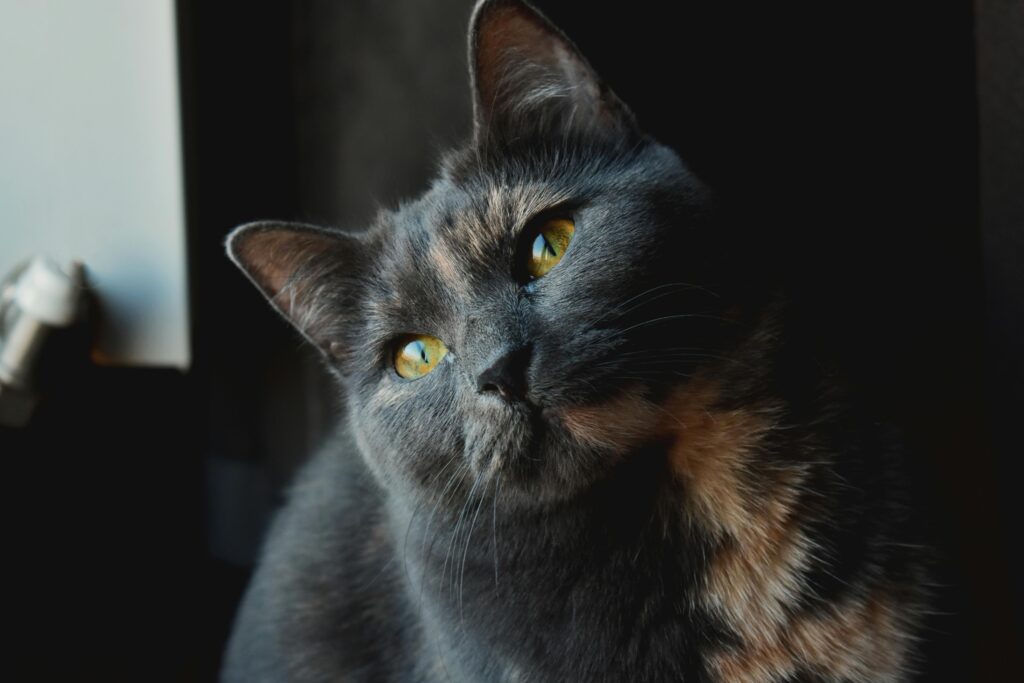Senior Cat Insurance in the UK: What to Expect in 2025
Cats are living longer than ever thanks to better diets and veterinary care, but with age comes higher risk of illness. Senior cat insurance UK 2025 is designed to cover the conditions most common in older cats — but policies also come with more exclusions and higher premiums. If you’re insuring a cat aged 8+, this guide explains what’s covered, what isn’t, how much you can expect to pay, and which providers offer the best protection.

What Counts as a Senior Cat?
Most insurers in the UK start classifying cats as “senior” from the age of 8–10. This is the point at which premiums begin to rise, and some providers stop accepting new applications altogether. If your cat is already insured on a lifetime policy before reaching this age, cover usually continues — but expect premiums to increase each year.
What’s Typically Covered for Senior Cats
Senior cat insurance still offers broad protection, particularly if you choose a comprehensive plan:
- Vet fees for illnesses and accidents
- Chronic conditions such as arthritis, diabetes, kidney disease and hyperthyroidism — covered best under lifetime insurance
- Specialist treatment and referrals, e.g. cardiology or oncology
- Dental treatment for illness and injury (though neglect exclusions apply)
- Diagnostic tests, scans, and bloodwork
- Prescription medications, including long-term management drugs
Lifetime cover remains the gold standard. According to MoneyHelper, only lifetime policies reset cover limits each year for ongoing conditions — making them far better for senior cats with chronic health issues.
What’s Excluded as Cats Age
Unfortunately, older cats face more restrictions in their policies. Common exclusions include:
- Pre-existing conditions: Any illness already diagnosed before policy start is excluded.
- Age limits for new policies: Some insurers will not take on new cats aged over 10.
- Routine care: Vaccinations, worming, flea treatments, and neutering are never included (see our guide on Routine Care Pet Insurance UK 2025).
- Dental neglect: Claims can be denied without proof of regular dental check-ups.
- Senior co-payments: Many insurers add a 10–20% co-payment once cats reach 10, in addition to the fixed excess.
- Alternative therapies: Some policies exclude hydrotherapy or acupuncture unless specifically listed.
Cost of Senior Cat Insurance UK 2025
Vet fees are climbing every year, and older cats are most affected. The British Veterinary Association notes that advances in veterinary medicine mean costs for scans, surgery, and long-term medication continue to rise. Insurers adjust premiums accordingly.
Typical premiums in 2025:
- Cats aged 8–10: £20–30 per month (healthy, basic lifetime policy)
- Cats aged 10–12: £30–45 per month
- Cats aged 12+: £45–70+ per month, with some pedigree breeds exceeding £80
Premiums are also higher for cats with a history of claims.
Comparing Providers for Senior Cats
- Petplan – Offers Covered For Life® policies that remain valid as long as you renew. Dental illness is included, but premiums are among the highest.
- Agria – Lifetime-only cover, strong dental provision, and recognised for supporting pedigree and older cats.
- ManyPets – Flexible cover including some pre-existing conditions (if symptom-free for 24 months). Competitive for older cats, but renewal increases can be steep.
- Animal Friends – Large provider with low entry premiums, but policies are stricter on exclusions and customer reviews are more mixed.
When comparing, pay attention not just to monthly cost, but to exclusions, co-payments, and how dental and chronic conditions are handled.
Tips to Reduce the Cost of Senior Cat Insurance
Even with rising premiums, there are ways to keep cover affordable:
- Increase your excess: A higher fixed excess can reduce monthly premiums.
- Look for co-pay options: Some insurers allow you to share more of each bill in exchange for lower premiums.
- Multi-pet discounts: If you insure more than one animal, check providers offering discounts.
- Charity support: Organisations like PDSA may assist with veterinary costs if you’re eligible.
- Keep up with routine care: Regular dental checks, vaccinations, and preventative treatments reduce claim refusals.
Related Reading
- Cat Insurance for Older Cats UK 2025 – Best Options
- Pet Insurance for Pre-Existing Conditions UK 2025
- Best Lifetime Pet Insurance UK 2025 – Comparison Guide
FAQs – Senior Cat Insurance UK 2025
Can I get lifetime insurance for a 12-year-old cat?
Yes, but only a few providers accept new cats at this age. Premiums will be high, but cover is still available.
Do insurers charge extra for senior cats?
Yes. Expect both higher premiums and co-payment clauses after age 10.
What happens if my senior cat develops a chronic condition?
If you’re on a lifetime policy, treatment continues to be covered each year up to your annual limit. On maximum benefit or time-limited policies, cover ends once the pot runs out.
Will dental treatment be covered for my older cat?
Yes, but only if you can prove your cat has had regular check-ups. Neglect exclusions apply across most insurers.
Is senior cat insurance worth it?
For owners who want peace of mind and financial protection, yes. Vet bills for older cats can run into thousands each year, and insurance helps spread the cost.
Can I switch insurers with an older cat?
You can, but switching means any existing conditions will be classed as pre-existing and excluded. Sticking with your current lifetime policy is often the best option.
What if I can’t afford senior cat insurance?
Consider raising your excess, joining a multi-pet policy, or setting aside savings each month in a “pet health fund” as a backup.

Conclusion
Senior cat insurance UK 2025 provides vital support for managing age-related illnesses, but it comes at a higher cost and with stricter conditions. Lifetime cover remains the most reliable option, ensuring ongoing treatment for chronic issues, while cheaper policies often fall short when cats need them most. By comparing providers carefully, understanding exclusions, and starting cover before your cat develops health problems, you can make sure your feline friend is protected throughout their senior years.



